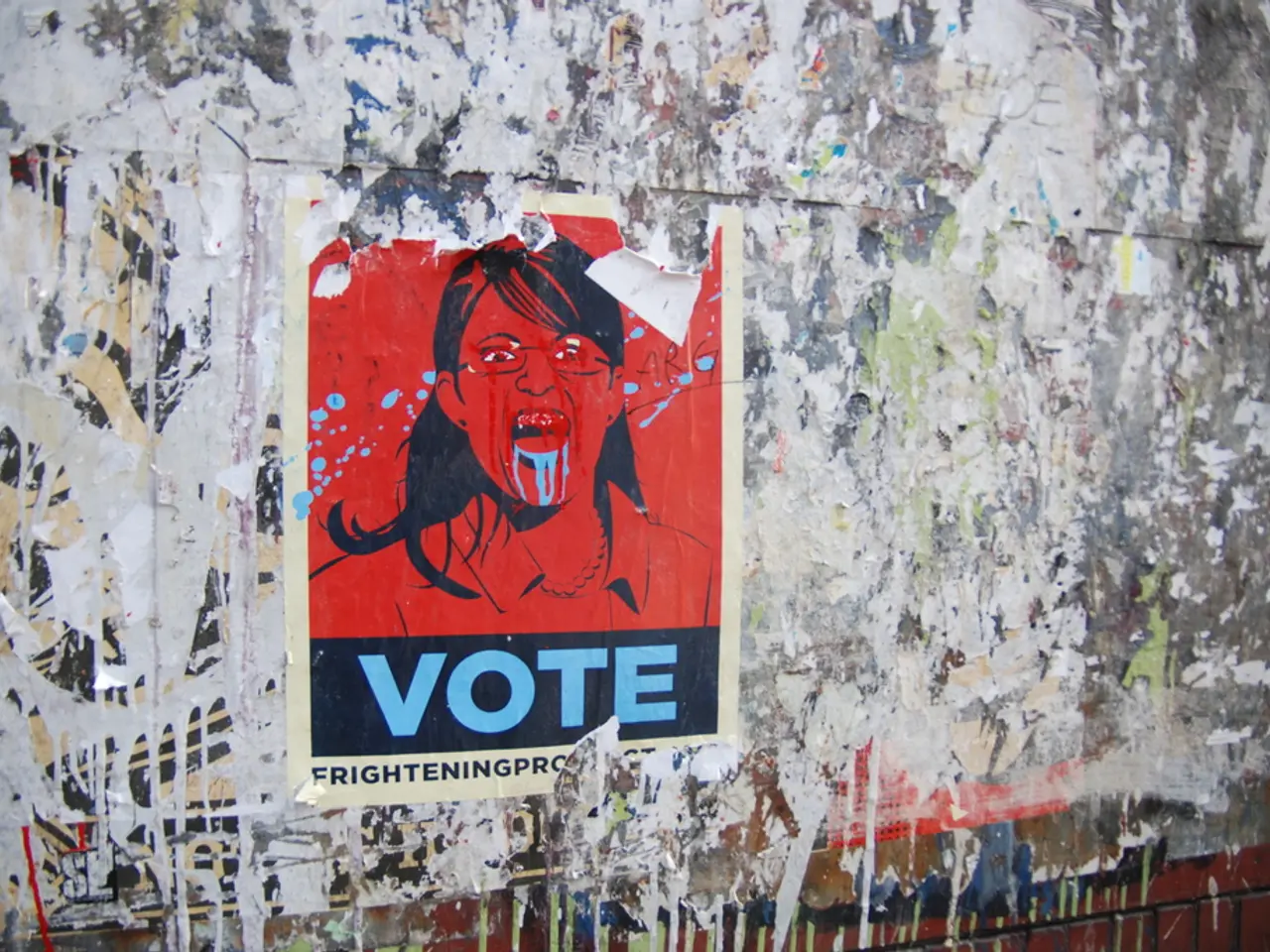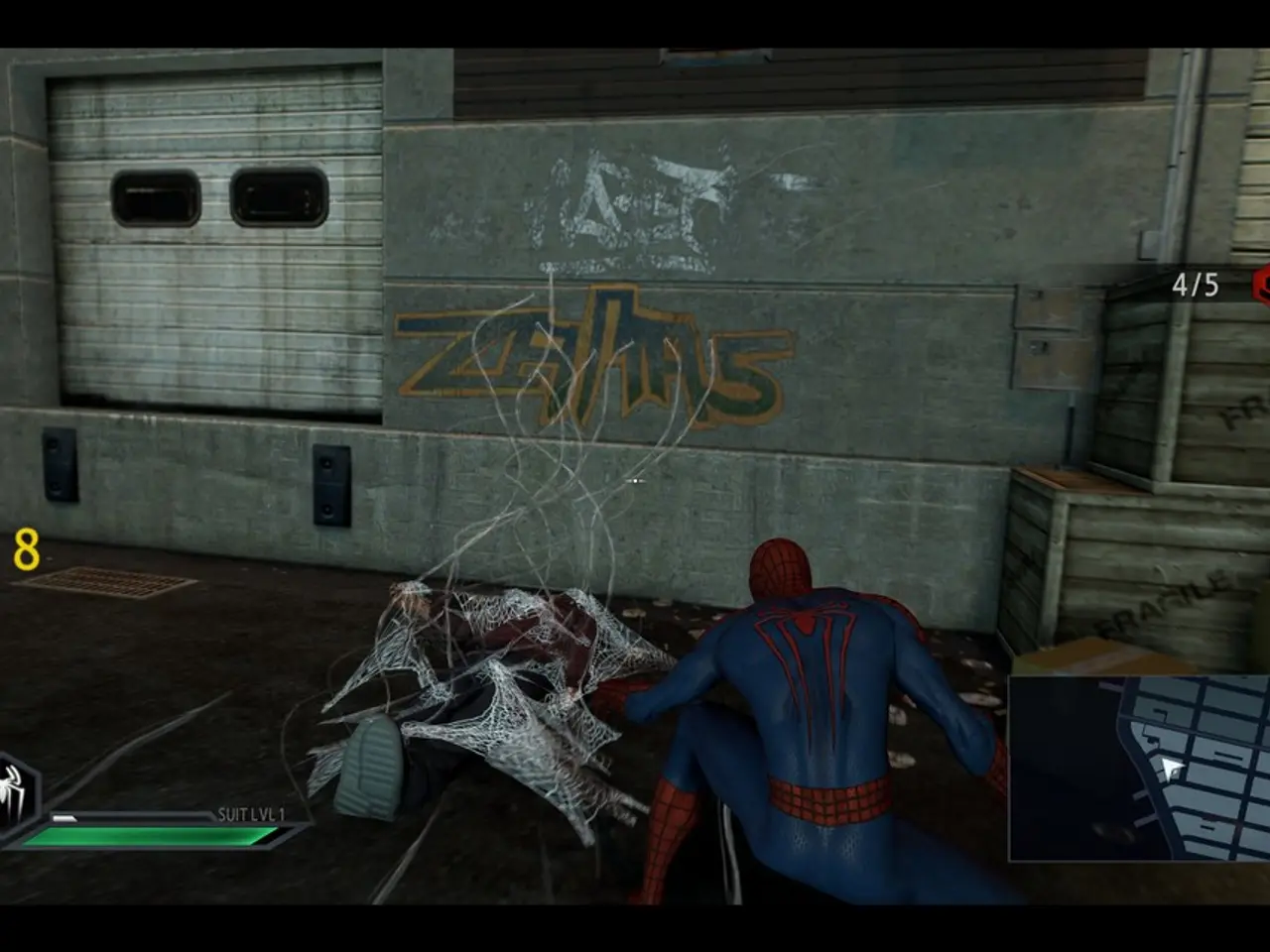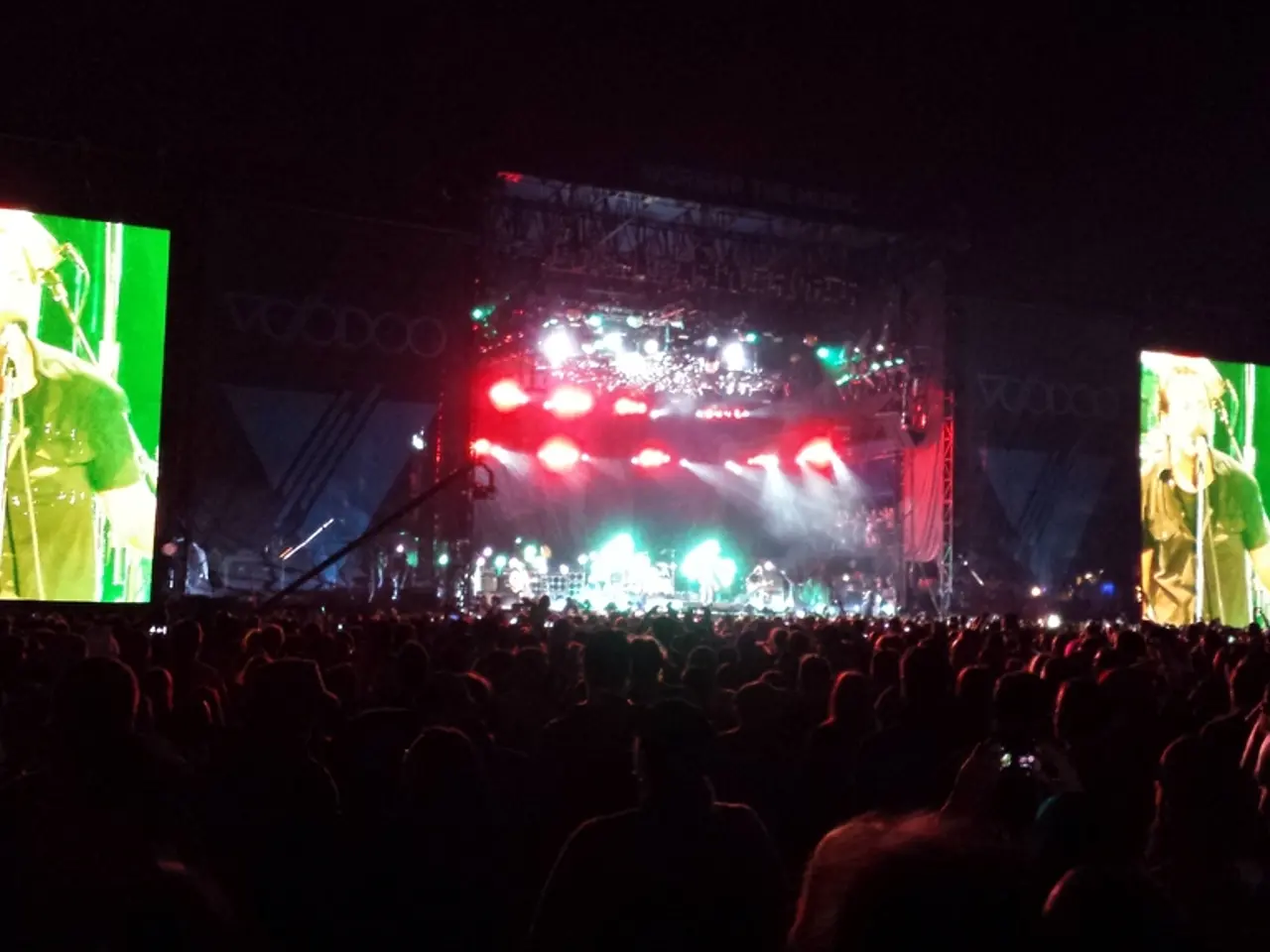Streaming Service's Top Brass: Your Next Binge-worthy Choice
The Apple TV+ series "Chief of War", a Hawaiian historical drama, has recently been released and is making waves. The nine-part series, created by Jason Momoa and Thomas Pa'a Sibbett, is a lightly-fictionalized account of the unification of the Hawaiian islands before Western colonization in the 1780s.
The show centers on Kaʻiana, a warrior chief (aliʻi) of Kauaʻi, played by Jason Momoa. Ka'iana abandons his war post after Maui's King Kahekili (Temuera Morrison) invades O'ahu and desecrates its people. The series chronicles Ka'iana's journey, his return home, and his participation in a brutal campaign that eventually leads to the unification of Hawaiʻi under Kamehameha I. However, Ka'iana ultimately rebels against this unification effort.
The show explores themes of warfare, loyalty, political intrigue, and Hawaiian cultural identity. It emphasizes cultural immersion, showcasing Polynesian traditions, religious belief systems, ceremonial attire, and ancestral practices. The first scene of the series showcases Momoa's kinetic abilities and unveils Ka'iana's compassionate spirituality.
In comparison, FX's "Shōgun" (2024–2026) is a historical drama set in early 17th-century Japan. It focuses on Western interactions and the political intrigue surrounding a European navigator in feudal Japan. Both series feature large-scale battle scenes, political machinations, and rich cultural storytelling with predominantly native casts.
Chief of War reportedly has a higher budget (approx. $340 million) and emphasizes prophecy, native cultural protocols, and intense warfare, similar to Shōgun's detailed portrayal of Japanese customs and political tension. The comparisons between the two series highlight their shared qualities as prestige historical dramas with sweeping epic narratives rooted in real historical periods.
While Chief of War focuses on Hawaiian language, culture, and the unification of Hawaiian islands, Shōgun deals with Japan's encounter with the West and feudal power struggles. Chief of War is noted for its focus on Hawaiian language, culture, and the unification of Hawaiian islands, while Shōgun offers a Pacific Rim perspective on early Western-Japanese contact and samurai-era politics.
In summary, while Chief of War and Shōgun both offer immersive, historically grounded dramas, Chief of War uniquely explores Hawaiian history and identity through the eyes of a native warrior chief, delivered with a strong Polynesian cast and a focus on indigenous cultural authenticity, whereas Shōgun offers a Pacific Rim perspective on early Western-Japanese contact and samurai-era politics.
Movies-and-TV like "Chief of War" and "Shōgun" are renowned for their immersion in rich cultural storytelling, with "Chief of War" focusing on Hawaiian language, culture, and historical events, and "Shōgun" providing a Pacific Rim perspective on early Western-Japanese contact and samurai-era politics. Entertainment such as these series showcase the importance of cultural authenticity in moviefake-and-TV.





